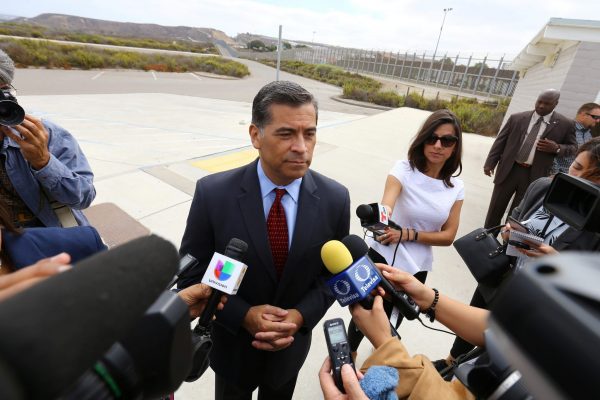By most measures, the US-led open international order has delivered remarkable results over the last 70 years. But it has meant that firms, through the process of competition, have sought to exploit comparative country-specific advantages. Hence, labour-intensive manufacturing jobs have progressively moved from developed countries to one emerging economy after another.
The paradox of this phenomenon is that while global per capita income has increased (and literally hundreds of millions have been lifted from poverty across the developing world), inequality within developed and developing countries alike has worsened. Globalisation has lifted per capita incomes in developing economies but may have depressed the growth of labour incomes in developed countries.
Countries have sought to manage dislocation and inequality brought about by increasing automation and globalisation in different ways. Many Northern European countries reallocate fiscal proceeds to provide safety nets, training and education in keeping with their egalitarian values and have successfully contained inequality to below the OECD average. But in the United Kingdom and United States, there has been a much weaker policy response. As a result, inequality is much higher.
The anger among the displaced has manifested itself in extraordinary outcomes at the voting polls, with the disaffected turning against the established political order, corporate elites and liberal immigration to preserve job security and reassert national sovereignty.
As the United States turns inwards, there has been a reversal of roles between it and China. At the World Economic Forum earlier this year, China’s leader Xi Jinping spoke strongly in favour of free trade, economic globalisation and win-win economic outcomes: ‘Whether you like it or not, the global economy is the big ocean that you cannot escape from. Any attempt to cut off the flow of capital, technologies, products, industries and people between economies, and channel the waters in the ocean back into isolated lakes and creeks is simply not possible’.
Free trade has long been a central tenet of economic theory. The theory argues that economically efficient outcomes are best achieved by pooling and optimising resources to maximise production, best meet consumption preferences and optimally adjust for innovation over time. The theory does predict that there will be winners and losers, but that the winners will always be able to compensate the losers such that everyone is better off.
But without appropriate government policies, this does not happen. Within countries, there is evidence that displaced workers cannot, as assumed, seamlessly move from low productivity sectors to high productivity sectors. This mobility is further inhibited in cases of high employment, older workers and the tyranny of distance. Hence, workers may not be re-employed or compensated as the theory predicts, but will rather end up in the ranks of the long-term unemployed.
Suffice it to say that free trade no longer enjoys the unconditional support of all. As Joseph Stiglitz puts it, its benefits are ‘situationally specific to a country’s circumstances’. Others take a temporal perspective and contend that the global economy is caught in a continuous cycle of globalisation and protectionism.
So what are we to make of the confused global economic picture painted here?
Most still believe that trade protection is rarely the answer, and that the advantages of free trade far outweigh the disadvantages — which should themselves be the subject of active management by governments. Trade protectionism remains a populist ‘quick fix’ which in the short term may support domestic industries but in the long term will present problems for closed countries as other more liberal countries and global corporations work around them and seek to source labour wherever it is cheapest.
A free and open market can be beneficial, but there is a responsibility on governments to set strategic direction, encourage economic diversity and stress test their local economy against protectionism as the world economy cycles through globalisation to protectionism. To guard against the downsides of free trade, countries can do a myriad of things: redistribute fiscal proceeds from trade, put in place environmental safeguards, legislate for labour laws which prevent poor working conditions, encourage local content and factory developments, create special development zones or support the development of ‘innovation ecosystems’.
The United States now contemplates building a physical and symbolic wall to protect US interests, bemoaning the pain and unfairness that the United States has endured in its role of global leadership in an open global economic system. But President Trump’s choices need not be so stark. If the rudder is tilted gently enough, there is a spectrum of options that exist between ‘to trade or not to trade’, which may in turn may temper the global swing between globalisation and protectionism.
Frank Tudor is CEO of Horizon Power and an Expert Advisory Panel member at the Australian Energy Market Operator. He was formerly President of the Australia–China Business Council.
A longer version of this article was originally published here.

